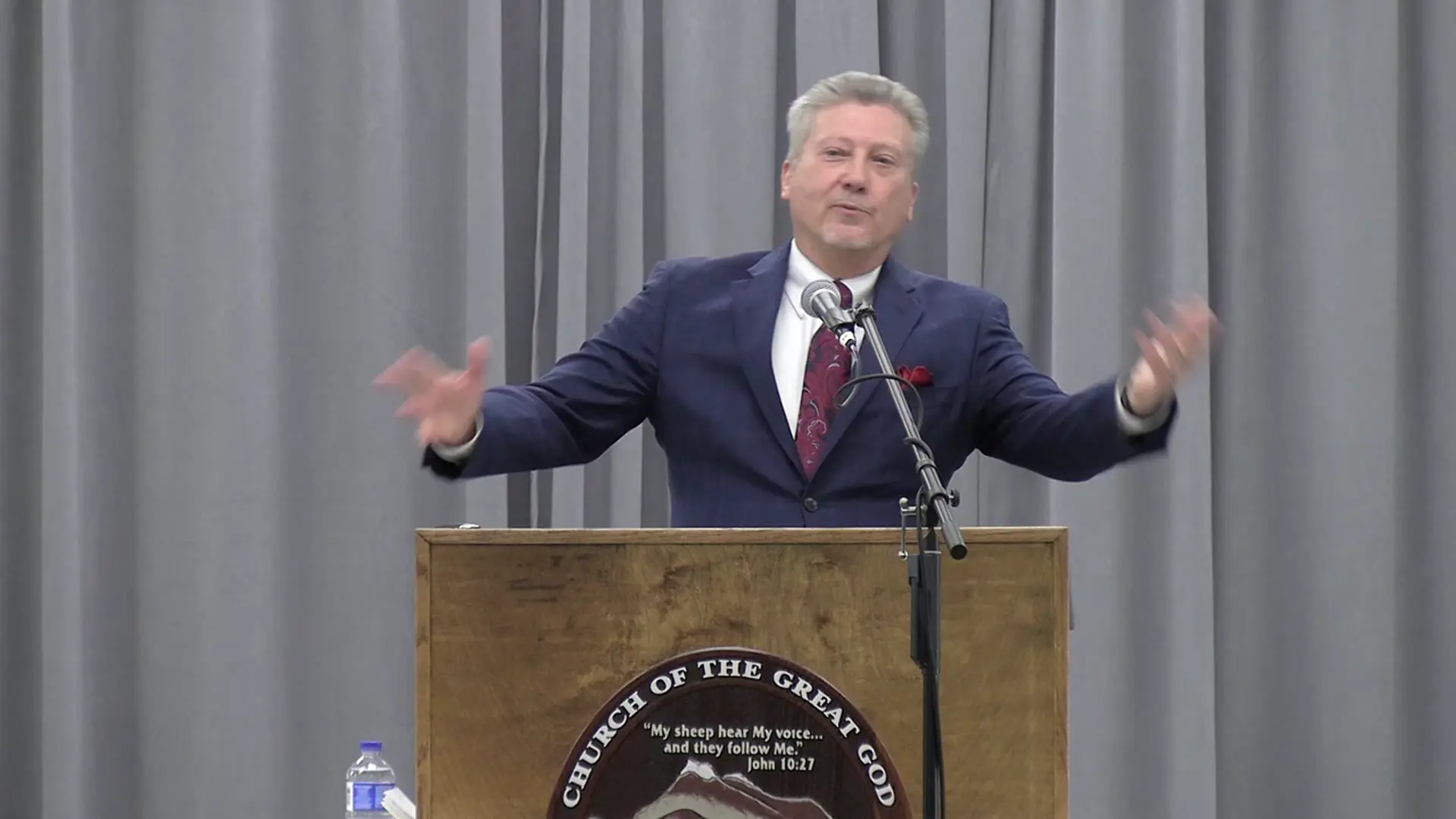Filter by Categories
The Sacred Assemblies
Sermonette by David C. GrabbeThe Last Day of Unleavened Bread and the Eighth Day are the only designated "sacred assemblies," which require a greater degree of solemnity for reflection.
Lessons From the Eighth Day
Sermonette by David C. GrabbeThe priests saw the glory of God after seven days of consecration. Similarly, after 7000 years of human history, the Eighth Millennium will dawn.

Jesus in the Feasts (Part Six): The Eighth Day
Feast of Tabernacles Sermon by Richard T. RitenbaughThe Eighth Day encapsulates the fullness of God's divine plan through Christ, who embodies and fulfills every lesson, hope, and promise depicted in the holy days.